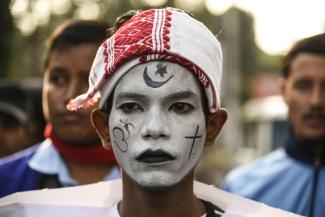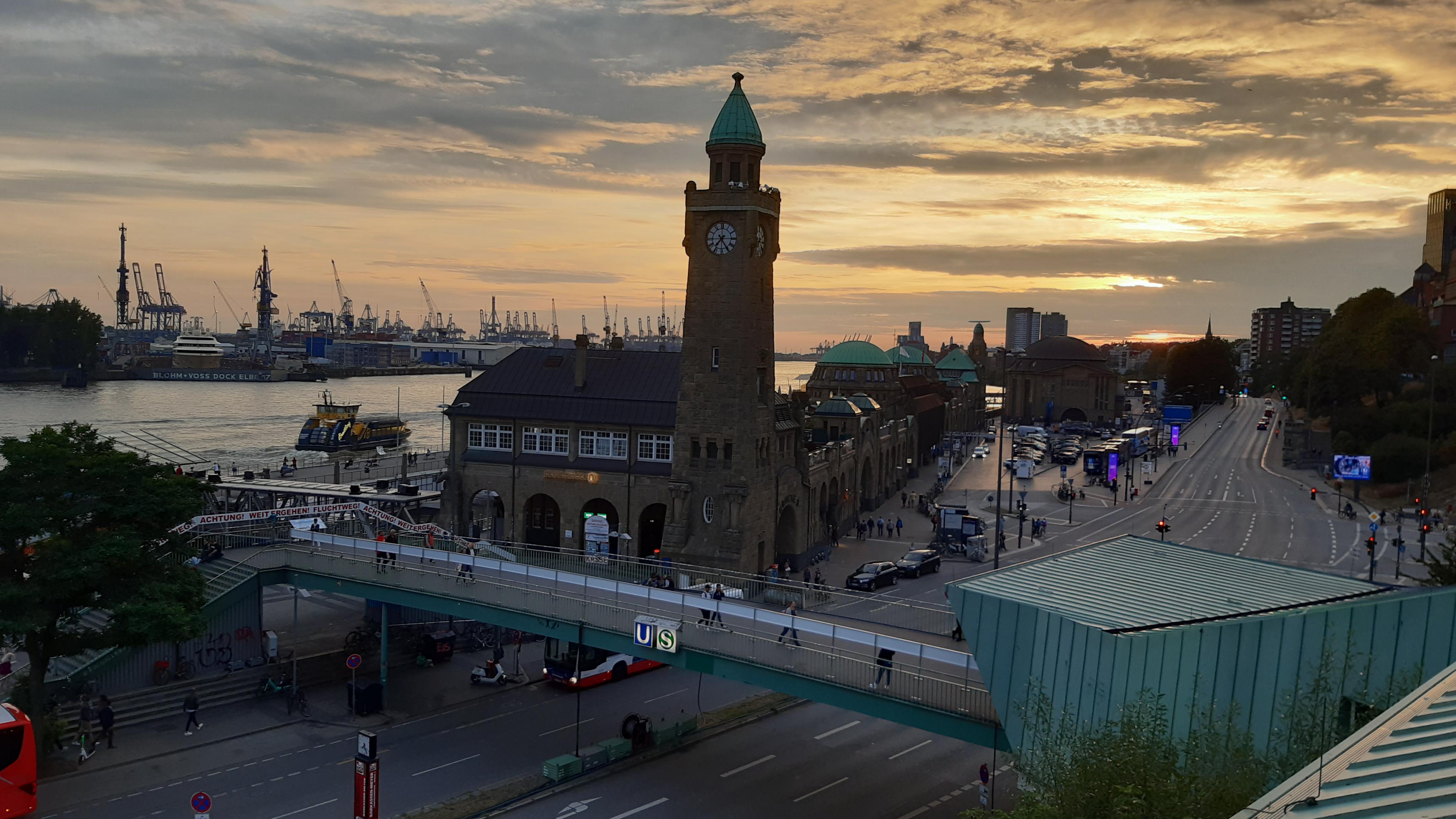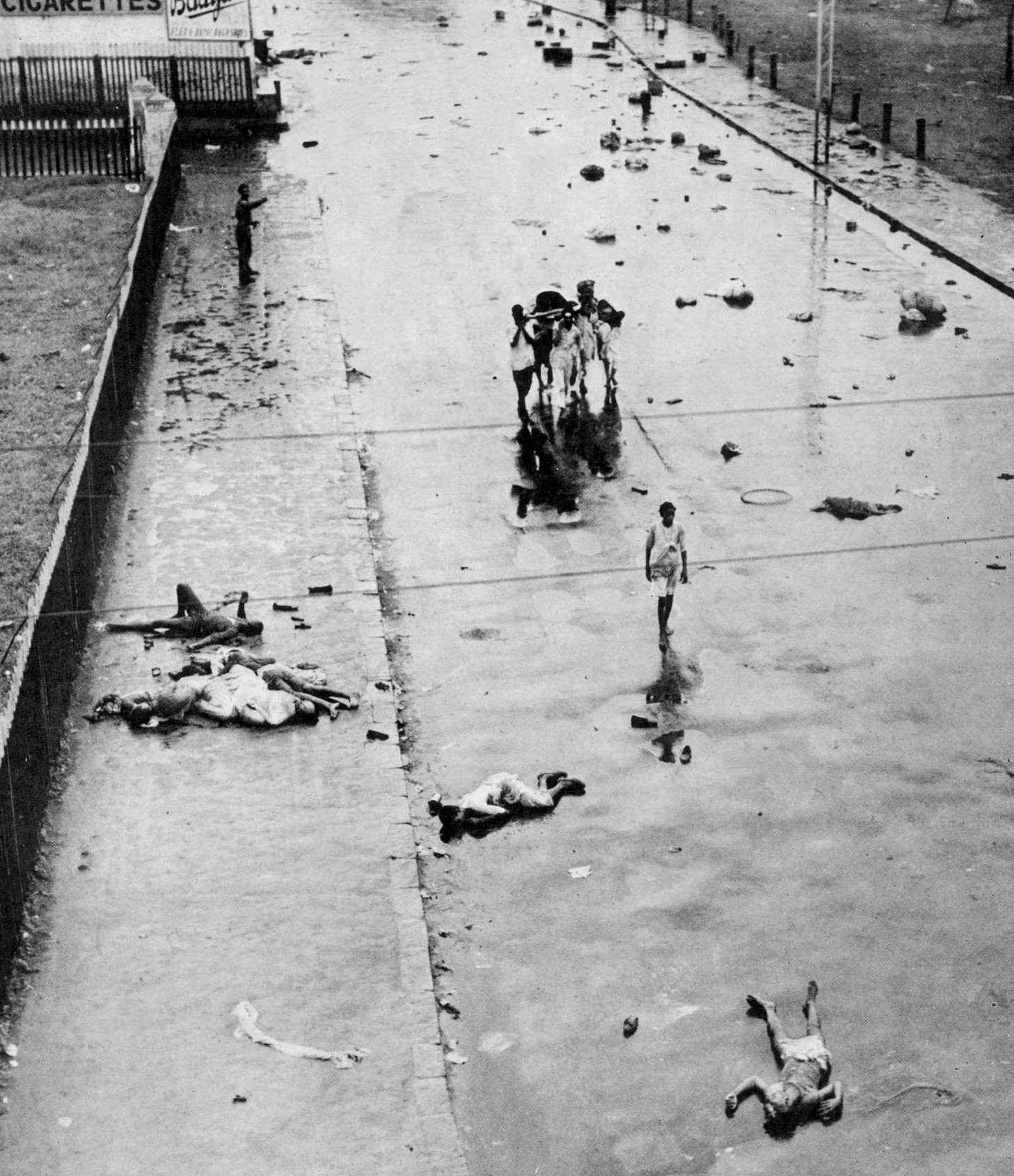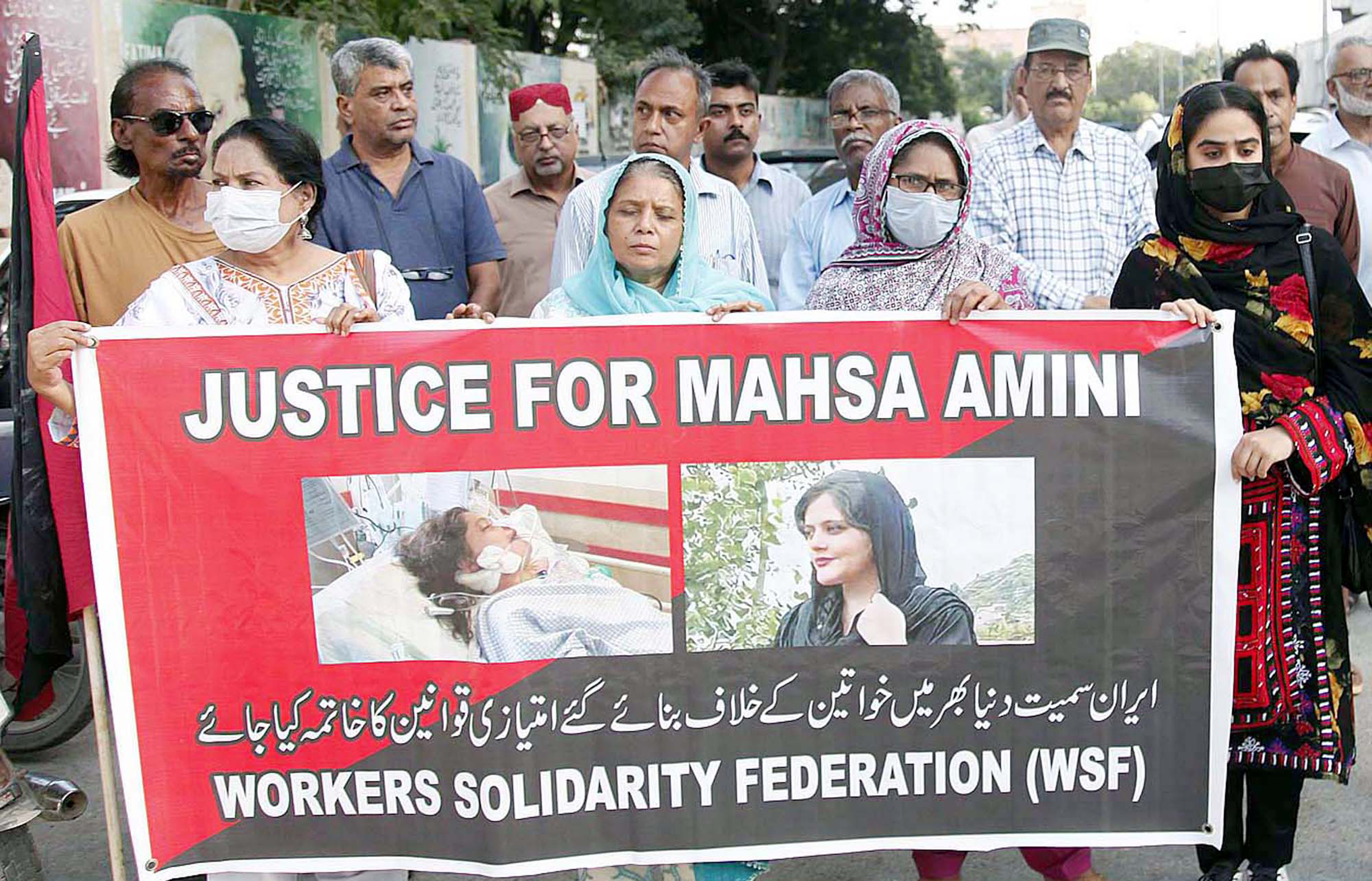Indians' newly expressed sense of citizenship
Rallying in defense of the secular constitution

The new law grants refugees from other countries a fast track to getting citizenship, provided that they belong to a religious faith other than Islam. The Hindu-supremacist government of Narendra Modi claims that this is a humanitarian act, but the exclusion of Muslims fits the Islamomophobic ideology of his party, the BJP. India's economy is not doing well, and after winning a strong majority in the national parliament with not even 50 % of the votes cast the general elections in May, Modi has rigorously been implementing anti-Muslim policies. We have spelled this out on this platform several times, and the last person to do so was the Indian journalist Arfa Khanum Sherwani: https://www.dandc.eu/en/article/spite-indias-constitution-modi-government-adopting-aggressive-anti-muslim-policies.
India is a secular state according to the constitution adopted after gaining independence from Britain. The founding fathers wanted the country to be a home for all Indian people regardless of their faith. Democracy and peace in such a diverse nation, they knew, would depend on pluralism. By contrast, Pakistan was defined as a Muslim state, and it has fared far worse in terms of democratic governance over the decades. However, Hindu supremacists like to demand a state of their own, and inisist that it must be India. The government is evidently doing its best to change the nature of the Indian Republic. It is becoming ever more « malevolent », to quote the title of Kapil Komireddi's excellent book on the decline of governance in India, which I reviewed some time back: https://www.dandc.eu/en/article/ks-komireddi-argues-stringently-indias-current-government-driven-dangerous-hindu-supremacist
It is inspiring to see masses of people rising up in defense of the constitution. It shows that masses of people have a clear sense of citizenship and understand the fundamental principles on which the state is built. To a certain extent, this is a welcome surprise. Social scientists have often argued in the past that India was a malfunctioning democracy because its people lack a sense of citizenship, identifying only with various communities (region, language, faith, caste, profession, educational achievement and others), but not the nation as such. The current protests prove this theory wrong. All over India, people of very different backgrounds are rallying to protect the constitution.
On the other hand, the recent events are terrifying. Repression is worst in the states that are controlled by BJP governments. The police are often using disproportionate force. Moreover, they abuse and hound members of the Muslim community. So far, BJP-led state governments do not seem to be doing much to rein in the security forces. Matters are particularly bad in the huge northern state of Uttar Pradesh. Its chief minister is Yogi Adityanath, a rabid BJP politician, who quite evidently intends to teach the minority a lesson.
Modi's national government certainly did not expect this kind broad-based popular opposition. It is sending mixed messages about its plans for a National Register of Citizens. Many people think that this exercise will lead to many Muslims being denied citizenship. After all, that is what happened in Assam, where the policy was piloted this year as Arafa Khanum Sherwani spelled out in her above mentioned comment. Modi himself has toned down government rhetoric, suggesting that protesters are scaremongering. Earlier statements by his cabinet members prove, however, that people are right to worry. Most likely, Modi hopes the protest will subside in order to return to the agenda, as the following comment, which appeared on the independent website The Wire, argues convinvincingly: https://thewire.in/communalism/narendra-modi-nrc-bjp
International media must pay attention to what is happening. Human-rights abuses must not be tolerated in a country that still claims to be the largest democracy on Earth. Impunity after police atrocities would send exactly the message to minorities that the likes of Adityanath appreciate. And no, not only the Muslim minority would be concerned. Other minorities, including Sikhs, Christians or non-Hindu tribal communities have also been exposed to violence in the past.













